News

Cambridge GPs launch ‘pill on a string’ cancer check
A Cambridge device to spot early signs of cancer is being trialled for the first time to GP patients in the UK.Read more

Cambridge researchers win government funding for their artificial intelligence (AI) technologies
Technologies developed by Cambridge researchers that use artificial intelligence to speed up diagnosis and improve patient care have been successful in the latest round of the £140million Artificial Intelligence in Health and Care Read more
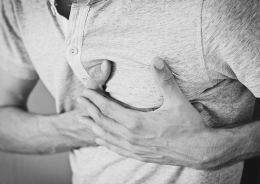
Updated risk model helps doctors predict and prevent cardiovascular disease
Research developing the European Society of Cardiology cardiovascular disease risk prediction calculator to aid efforts to reduce the burden of CVD in Europe.Read more
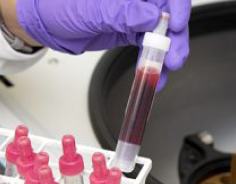
Genomics front and centre in blood matching
The international Blood transfusion Genomics Consortium launches to expand cutting-edge genomics for more accurate blood typing.Read more

A single gene could be the reason why some of us carry an extra 30 pounds of fat
New research has found that one in every 340 people might carry a mutation in a single gene that makes them more likely to carry extra weight. Read more
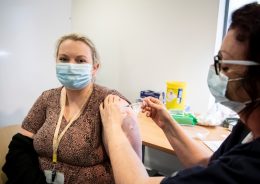
World-first covid-19 vaccine booster study launches in Eastern region
Volunteers from the East of England will soon be able to receive a third ‘booster’ COVID-19 vaccine through a new Government-funded clinical trial.Read more
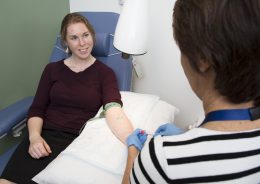
IBD BioResource – Celebrating 5 years of its contribution to Crohn’s and Colitis research
The NIHR IBD BioResource marks their fifth year of helping to transform the research in Crohn’s disease and ulcerative colitis. Read more

Save your energy! New tool shows algorithms’ environmental impact
Data science and artificial intelligence are transforming UK healthcare – but at an environmental cost.
The data centres housing the supercomputers that run the algorithms account for 100 megatonnes of CO2 emissions every Read more
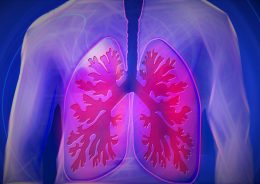
Ability of multi-drug resistant infection to evolve within cystic fibrosis patients highlights need for rapid treatment
Researchers have tracked how a multi-drug resistant organism is able to evolve and spread widely among cystic fibrosis patients Read more

Stress does not lead to loss of self-control in eating disorders, study finds
Stress does not trigger binge eating in people with eating disorders, new research suggests.Read more

Placenta is dumping ground for genetic defects
Researchers have confirmed that the normal structure of the placenta is different to any other human organ and resembles that of a tumour, harbouring many of the same genetic mutations found in childhood cancers.Read more
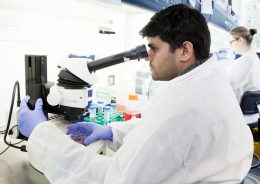
Diphtheria risks becoming ‘major global threat’ again as it evolves resistance to antimicrobials
Diphtheria is evolving to become resistant to a number of classes of antibiotics and in future could lead to vaccine escape, warn an international team of researchers.Read more
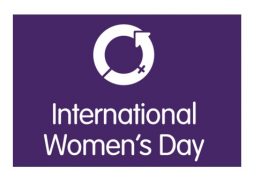
Celebrating International Women’s Day
8th March marks International Women’s Day, hear from two women who work in research at the NIHR Cambridge Biomedical Research Centre.Read more
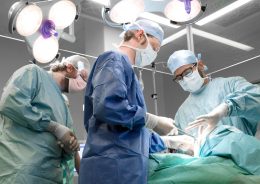
Could repairing damaged donor livers be the key to increasing life-saving transplants?
Researchers have found a way to grow ‘mini bile ducts’ in a lab-setting to repair damaged livers.Read more

Mindfulness can improve mental health and wellbeing – but unlikely to work for everyone
Mindfulness courses can reduce anxiety and stress and increase mental wellbeing but not in all non-clinical settings and may be no better than other practices aimed at improving mental health and wellbeing.Read more
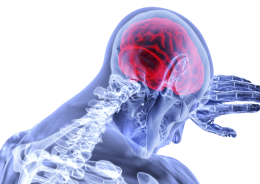
Dexamethasone should be avoided in patients with chronic subdural haematoma
A commonly-used treatment for chronic subdural haematoma could lead to a worse outcome than receiving no medication. Read more

Symptoms of depression linked to increased risk of heart disease and stroke
People who experience symptoms of depression are more likely to go on to develop heart disease or suffer a stroke than those who report good mental health.Read more

Apathy could predict onset of dementia years before other symptoms
Apathy – a lack of interest or motivation – could predict the onset of some forms of dementia many years before symptoms start. Read more
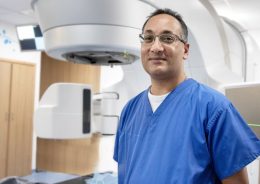
AI speeds up cancer treatment
Doctors aim to drastically cut cancer waiting times using artificial intelligence to automate lengthy radiotherapy preparations.Read more

Rhythm and bleughs: how changes in our stomach’s rhythms steer us away from disgusting sights
Disgust is a natural response to unpleasant sights, but for some people, disgust can become pathological, affecting their mental health and quality of life.Read more


